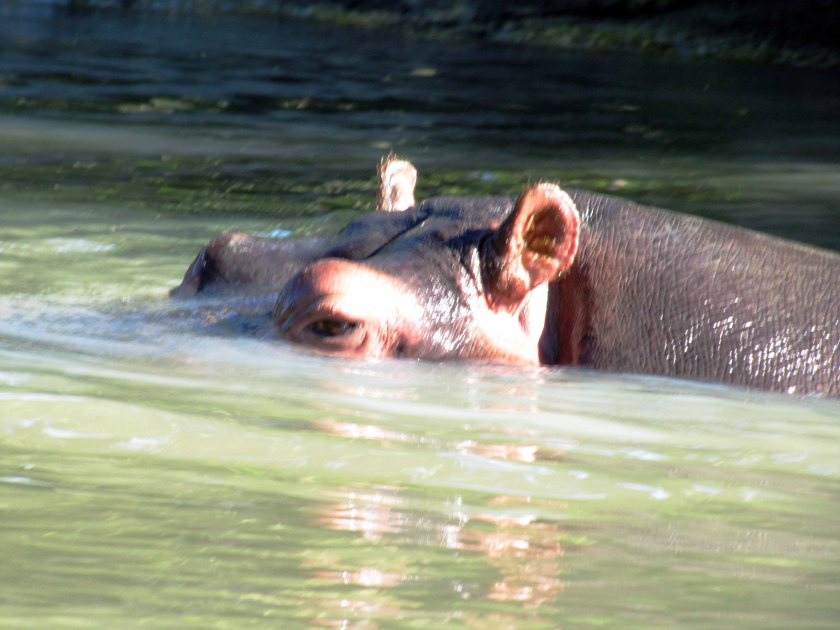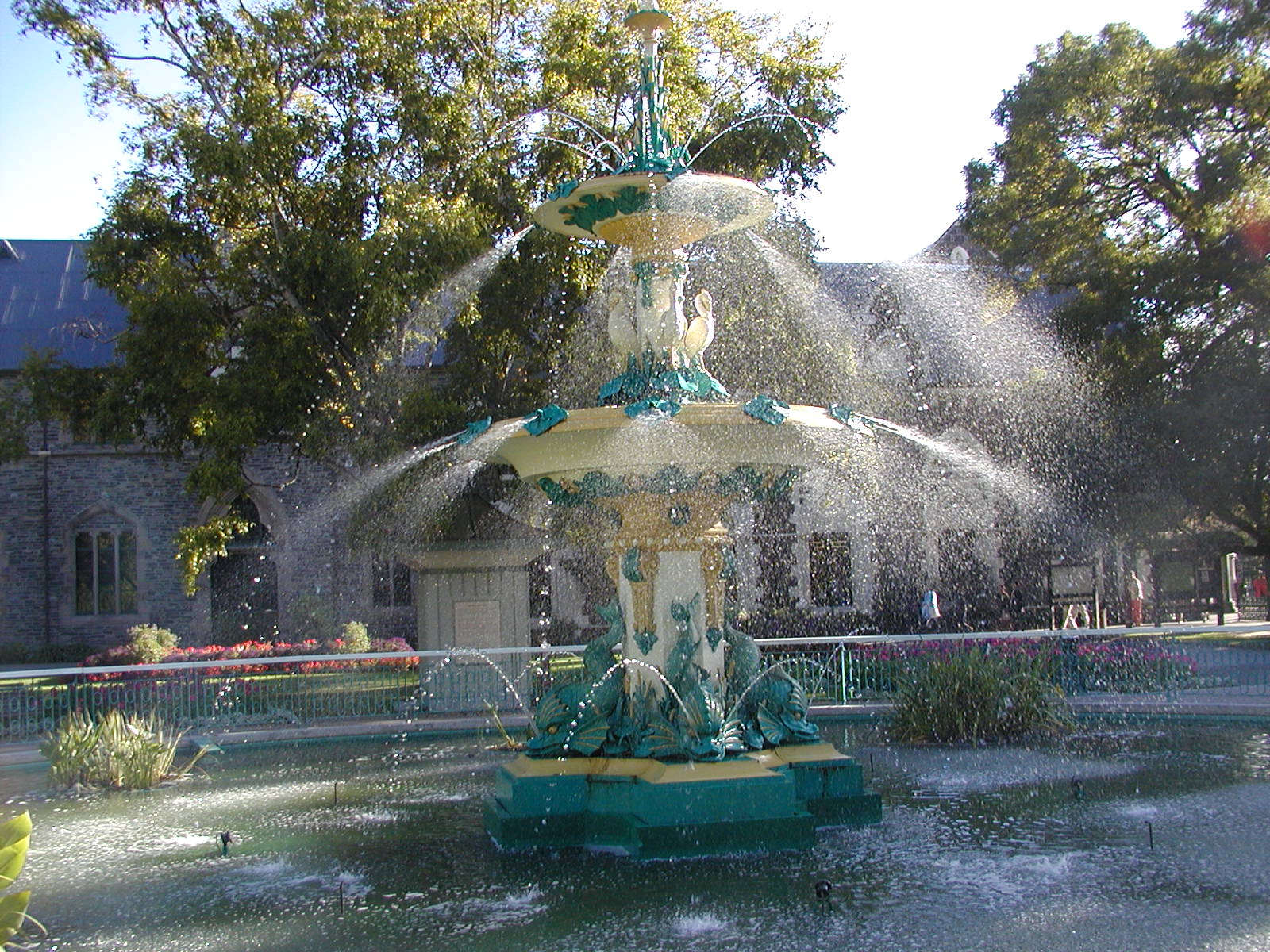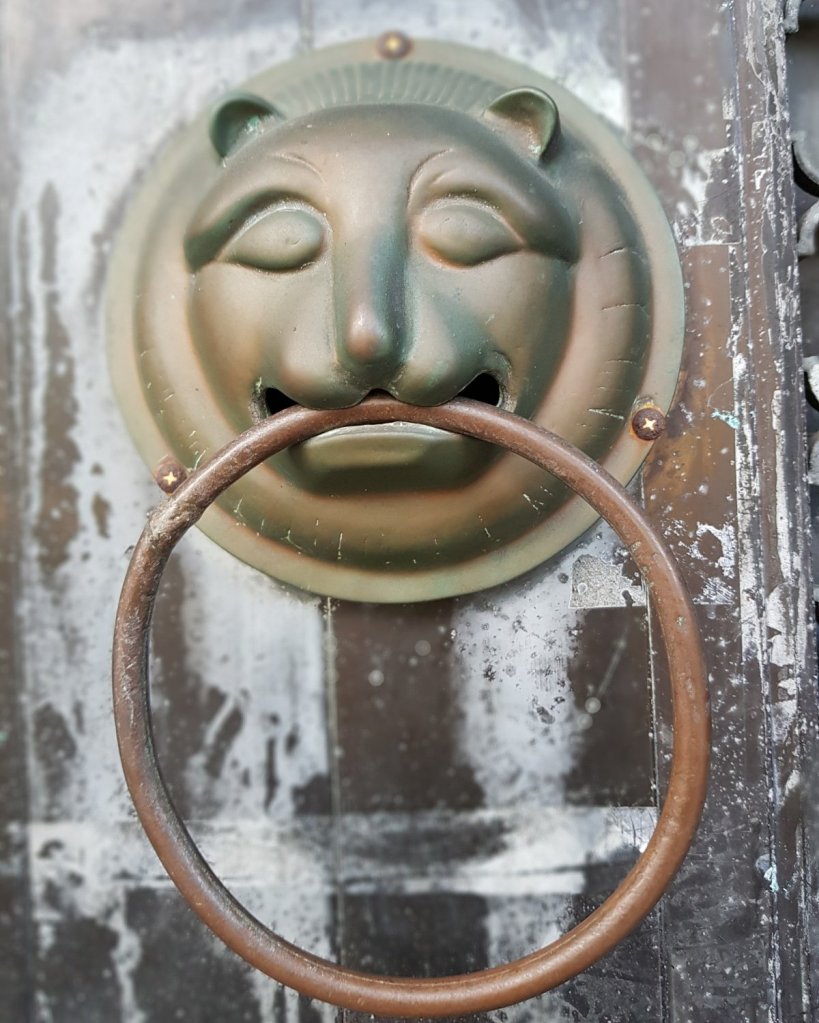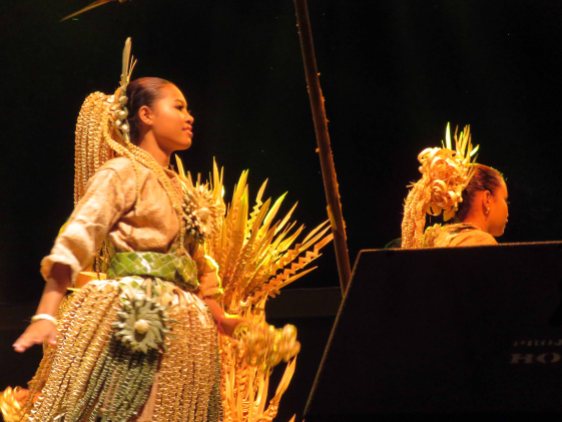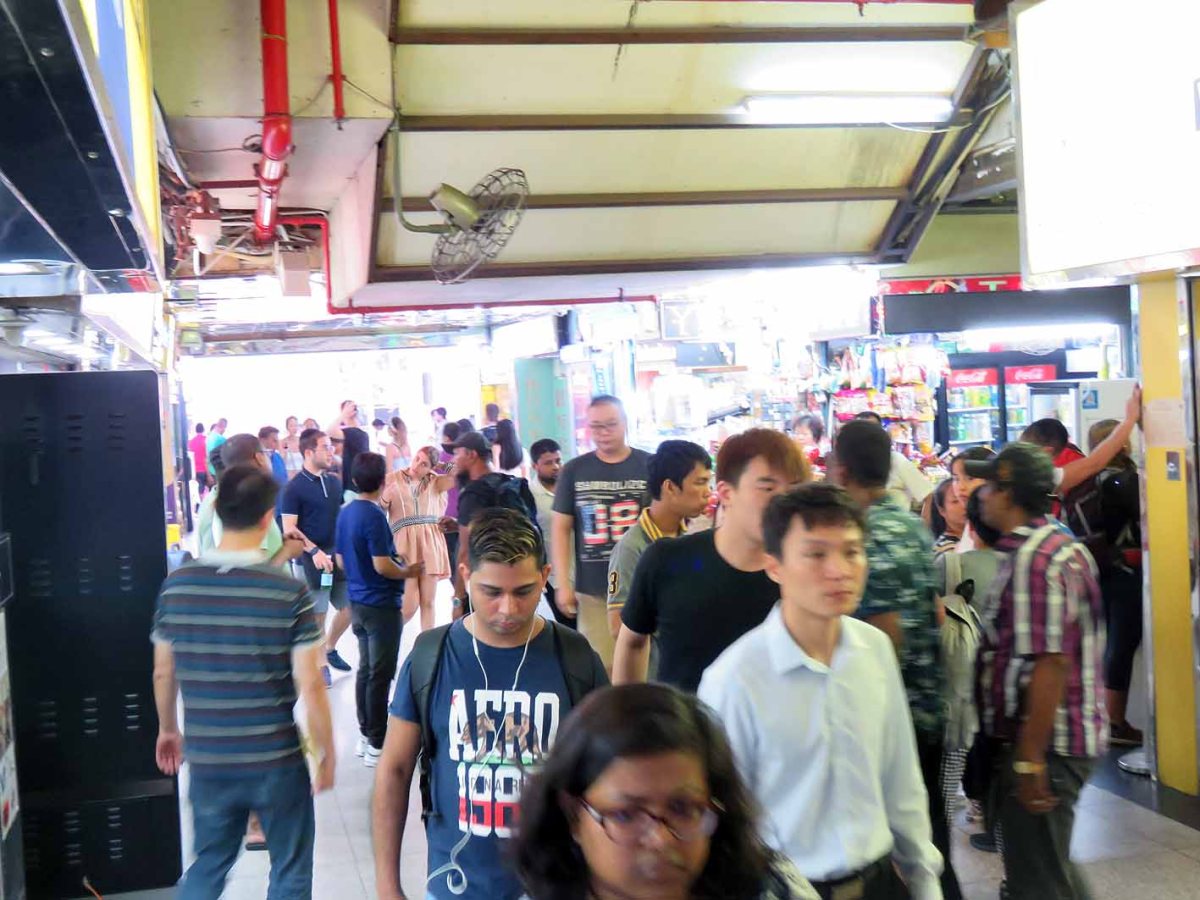While searching for a document I found this email summary of 1999 which I’d sent as a Christmas letter. What a privileged life I’ve led, one I value and treasure it’s a sort of GRATITUDE LIST from just one year!
“I have swum in the Nile and Mekong rivers, in the South China and Aegean seas; and in swimming pools in Egypt and Thailand; Scuba dived and snorkelled off the Perhentian Islands in Malaysia;
I’ve studied Islam, Buddhism, Hindu and Chinese religions; was silent for ten days in a Buddhist temple and did a cooking course in Thailand.

Learnt to say ‘no problem’ in four languages, read junk novels, inspiring stories and travel tales as well as keeping copious notes for my own writing.
Been offered jobs in Thailand, Malaysia and Laos, and worked for 5 weeks in Athens, Greece. Had a proposal of marriage, a few propositions and some foxy flirtations.
Celebrated four new year’s: on the calendars for Christian, Islam, Buddhism religions and the Chinese one.
Stayed in little villages, large cities and islands.
Climbed: up into Buddhist temples, and down into tombs, up to sacred caves and over narrow planks to boats.
Travelled on planes, camel, horse, bus, songthaew, cars, trishaw, bicycle, dingy, fishing boat, felucca, truck, river taxi, train, and cargo boat.
Slept in beds, bunks, hammocks, fleapits and 4-star hotels, on a concrete slab; on a mattress on the felucca, and on the roof of a hostel in the old city of Jerusalem with 29 others!
I’ve danced. . . on beaches in Malaysia and Israel, in a Cairo hotel, on the banks of the Nile, as well as in Hindu and Buddhist parades.
Experienced monsoon rain and dessert dry; from 48 degrees centigrade in the Valley of the Kings, down to 12 degrees in the hills of Malaysia and needed a blanket for the first time for ages
Been blessed by monks and had water thrown over me by school children, ladyboys and farangs. I’ve played volleyball, frisbee, backgammon, scrabble, cards and petanque.
Eaten pigeon, fresh fish, fruit shakes on the beach, coconut straight from the tree, and copious amounts of rice and noodles. Drank water from the tap everywhere including on the streets of Cairo and am still waiting for tummy problems! Had my hair cut in men’s and women’s hairdressing shops, by people who spoke no English, as well as under a palm tree in Malaysia and in a garden bar in Athens by an Aussie
Made music with bongo drums, spoons sang Pali chants and both Thai and Egyptian love songs as well as playing drums in a traditional Malay cultural band.

Taught English and swimming; became a grandmother in Malaysia and a mother-in-law in Thailand. And I’ve been called mum, sister and auntie, renamed Hedda, Hezza, Fox, H, as well as Pouhi (which I think is chubby in Thai!)
Ate in night markets, street stalls and fancy restaurants, in people’s homes – including the Minister of Health’s’ home in Malaysia!
Prayed in mosques, temples and churches of many religions. Chatted with monks, children, tourist police, street people and shopkeepers.
Witnessed funerals in Malaysia, Thailand and Egypt.
Swam with turtles and tropical fish and the most poison-ness snake in the world! In clean water, clear water, and polluted water; warm and cold water, calm and rough, blue and green; fresh, salty and chlorinated water.
Been to the toilet: on a boat -watched by kids on the riverbank; on swaying trains, in smelly dirty rooms; off the back of boats and developed good thigh muscles on the Asian squat toilets (which I missed when I arrived in Egypt.) Learnt to forgo toilet paper for months and used my right hand for eating and greeting!

Sold beer and bananas on the beach in Malaysia, served pancakes, nasi-goring and BBQ on the same island and cooked countless meals in an Athens hotel cafe.
Been offered hash, opium, and marijuana and changed money and brought cigarettes on the black market.
Met people from all over the world was proud to be a Kiwi, ashamed of many westerners’ attitudes and behaviour. Joined the inverted élite snobbery of being a traveller, not a tourist.
Given blood in Malaysia, broken a toe, had an allergic reaction [written in 1999 and I now can’t recall what it was!] and apart from insect bites have been disgustingly healthy.
And have kept developing my courage and resilience despite fears!

















